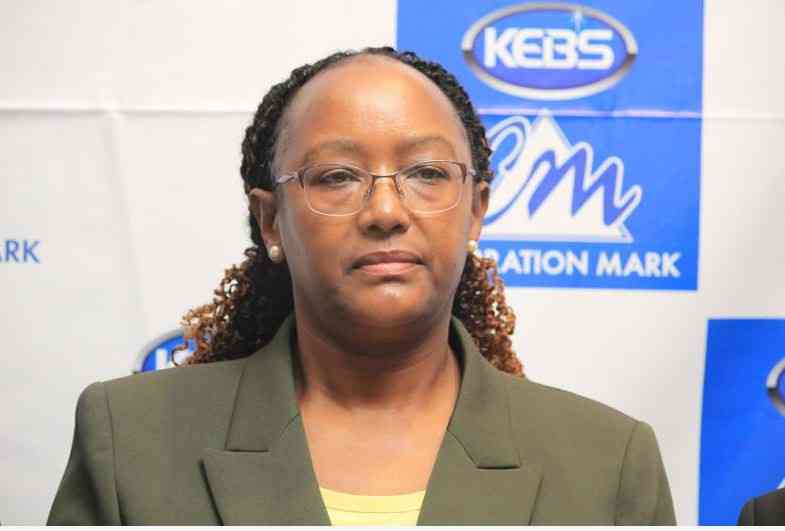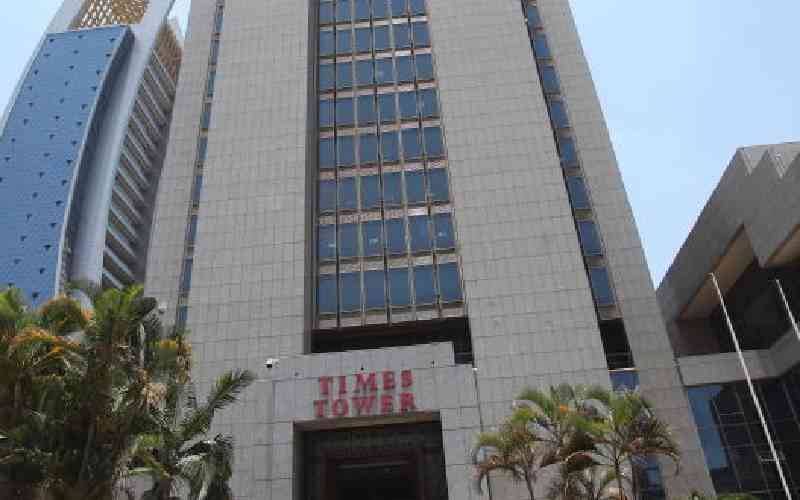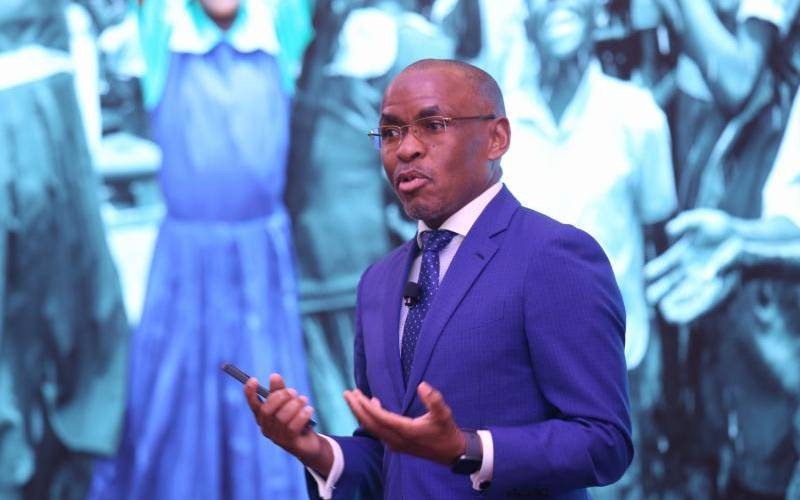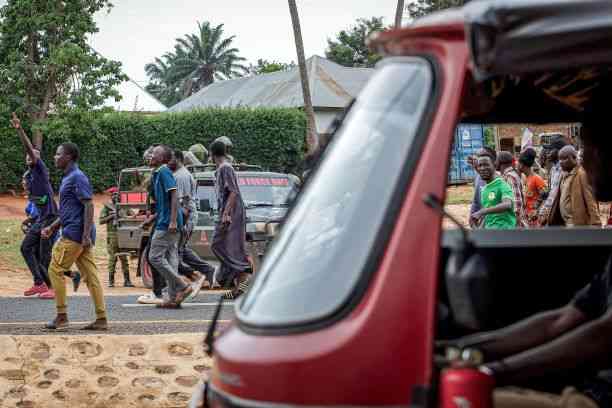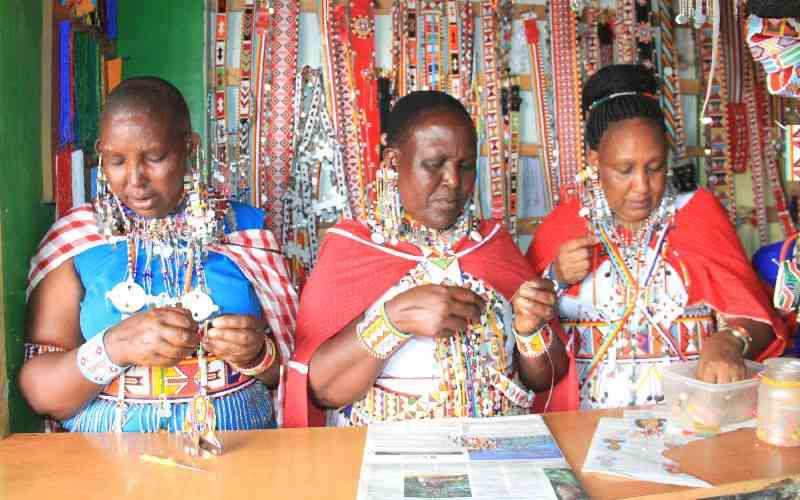
As members of the Maasai community prepare for this year’s Maa Cultural Week, different women and youth groups in Kajiado County are working on finalising their work they expect to showcase.
The county government of Kajiado that is hosting the event at the Amboseli National Park this week, has partnered with International Labour Organisation among others to ensure wares displayed and sold at the show, comply with the standards that are required by the market.
President William Ruto is expected to grace the third edition of the festival scheduled to take place between November 4 and 9, 2025.
The Standard traced some of the women at Inyonyori shopping center, in the dusty heart of Sironka valley, Kajiado County.
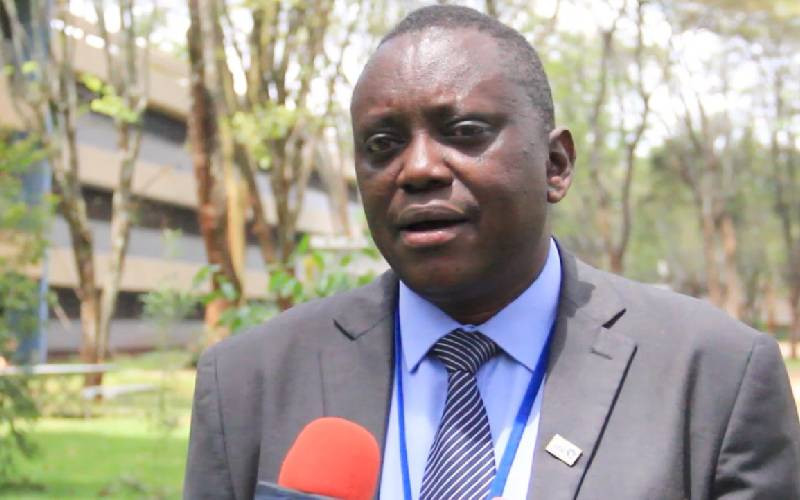
A group of Maasai women surrounds a table, their fingers deftly stringing beads into dazzling ornaments.
Laughter mingled with the soft clatter of beads, interrupting the evening calm, bringing the largely deserted market into life.
Other hands interchangeably glue the pieces together into a fine- finished product—a scene of a delicate symphony of color, patience, and purpose.
"We started this initiative in 2010 as merry-go-round with about 15 women," Jackline Tuukuo, chair lady of Inyonyorri Women Marketing Cooperative Society, told The Standard during a visit to their workshop, early this week.
"We would visit our members every month and contribute some money to support them," she said, adding that the cooperation, over the years, transformed into a commercial outfit of over 50 women and youths.
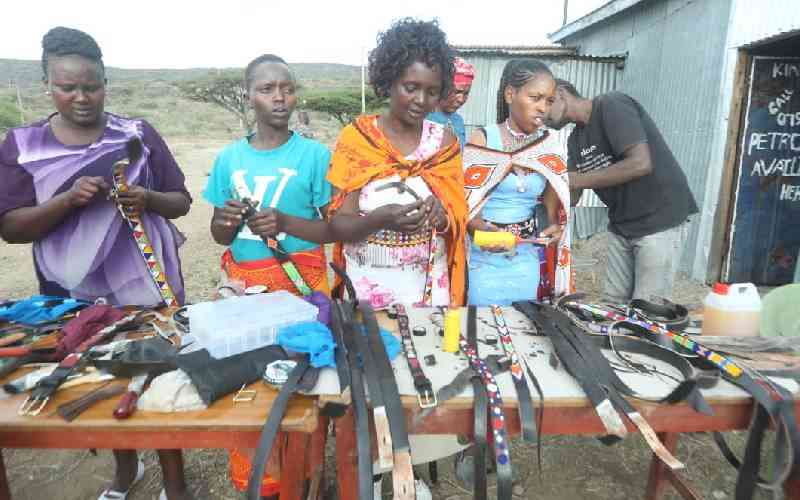
From their contributions, Ms Tuukuo said, they would set aside Sh50 each, which they used to purchase the materials like beads and leather to make the ornaments.
This, she noted, was after one of them came up with the idea of starting a business cooperation.
The activities quietly told the story of how artistry and cooperation had reshaped their lives, blending culture with modern sustainability.
"Initially, some of group members were employed by a company that make the ornaments. They brought in the skills and that's how we started," said Jackline Tuleto, the group's vice chairlady.
All the while, some two male figures, who we later learnt were hired trainers, moved across the table, guiding them through the beading patterns and processes.
"We occasionally hire trainers to help us sharpen our skills," said Tuleto. "But it is expensive."
Stay informed. Subscribe to our newsletter
Several miles away from Kajiado West, in Kimana town, another group of women are engrossed in similar activities, albeit, this time, inside a well-decorated shop.
About six women, draped in checked and plaid fabric Masaai shawl are busy with the beadwork, a youth standing outside the grills as if supervising them.
Necklaces, bracelets, earrings, and other ornaments, often rich in colour and a deep symbolic cultural meaning, neatly hung inside the Maasai Shop, Kimana— each piece telling a story of heritage and resilience.
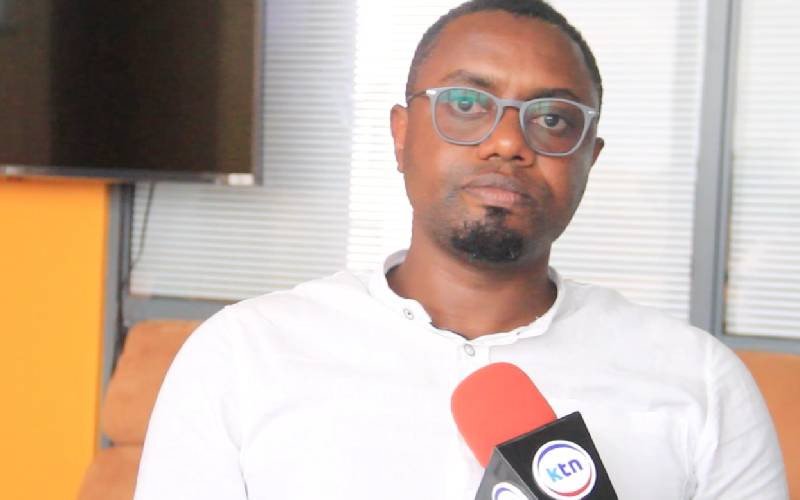
"We started as small group, with each buying their own beads and we came together to start a cooperative," the Narropil Marketing Cooperative society chairperson, Loise Tayiana Lenkai, narrates to The Standard.
But the journey has not been a success without enduring challenges.
"We could barely afford the beads and the raw materials. Most of us lacked the beading skills," she added.
"But we thank God for the far we have come," she said, even as expressing their readiness ahead of the Maa Festival.
"It is an event we are waiting with bated breath. We are prepared. We are excited," said Taiyana, expressing hope that they will market for their products, an impediment they decried hinders their growth and sustainability.
In addressing the challenges, they thanked the county government of Kajiado for supporting them through offering training, among others.
Kajiado County Chief Executive for Gender, Cooperatives, Culture, Tourism and Wildlife, Jeremiah Ole Ncharo, said the groups are scaled their businesses to online platforms.
"The county government of Kajiado is happy to partner with International Labour Organisation and other partners so that we make sure that they able to comply with the standards that are required by the market to improve the lives of our people," he said.
He added: "A lot of these groups will be displaying their wares, will be selling their wares at the Maa Cultural Week."
Just a few years ago, many of these women relied solely on their husbands’ livestock earnings, with little financial input in their families' growth.
Bead-work, though deeply rooted in Maasai tradition, was often dismissed as a pastime rather than a source of income.
Today, thanks to women-led cooperatives, the art has been transformed into thriving enterprises, with every bracelet or leso sold carrying not only cultural pride but also economic independence.
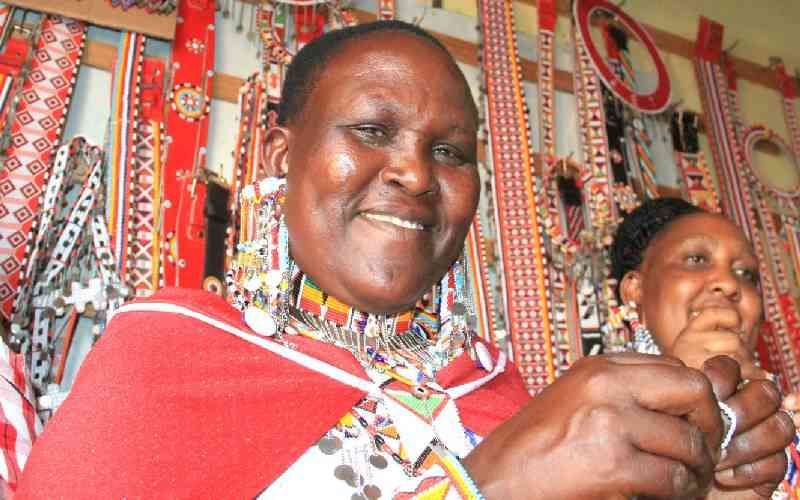
"Through this, we have been able to educate our children, build decent houses and put up other investments like dairy," stated Tayiana.
"We own exotic livestock breeds that produce milk, that we also sell through our cooperative," she added, activities that have redefined their role— from keepers of tradition to architects of their own futures.
And now, they are privileged to be among the selected groups set to benefit from second phase of the ILO-funded Public Private Development Project.
"The project has identified the gaps in skills development, market access and stakeholders coordination and cultural issues," said Dr Isaac Muema, ILO Project Manager.
The PPDP projects, he said, seeks to ensure capacity building, prioritising gender equality and youth empowerment, and promoting inclusion of women and youth voices in decision-making.
"By embedding these practices, the PPDP project not only amplifies marginalised voices but also builds long-term local ownership and sustainability," he said.
According to Titus Kuria of Forum CIV, a civil society organization involved in the project, PPDP "will incorporate market systems development approach targeting the tourism and the fodder sector, looking to contribute to economic livelihood opportunities for communities within Kajiado, Narok and Nakuru counties."
"We are looking at creating job opportunities within the culture and agriculture value chain for young people from the production level up to the market level. This could be jobs in marketing, for example, digital marketing for young people at the production level" he said.
